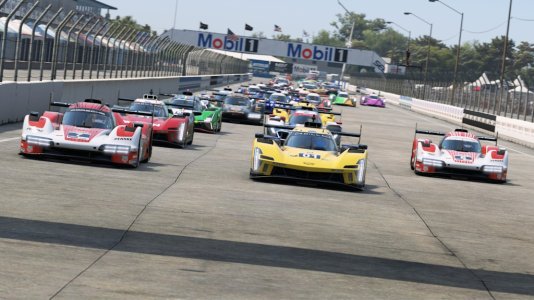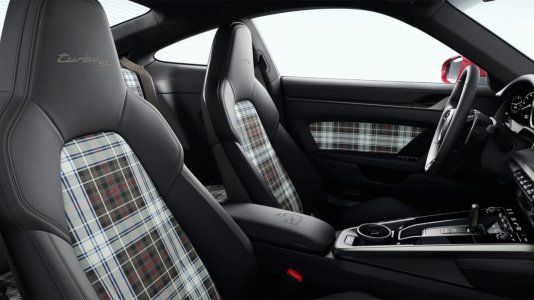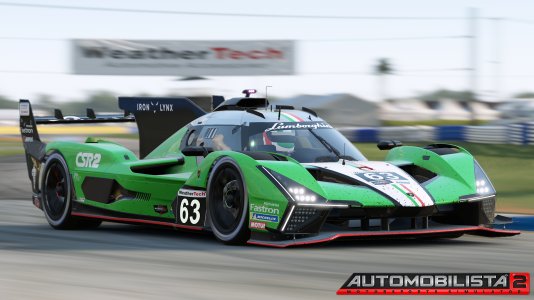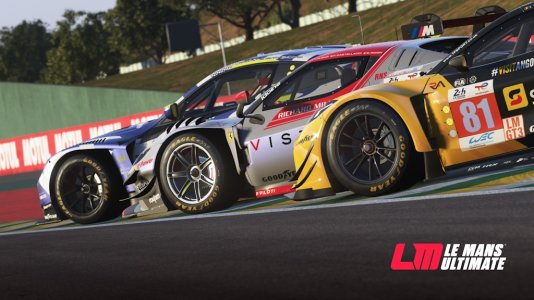Paul Jeffrey
Premium
The FIA World Touring Car Championship could be heading into a crisis position shortly with the news that the factory LADA squad will be withdrawing from the championship at the end of the current season, joining the Citroen team in a mass exodus of factory backed manufacturers from the pinnacle touring car championship in the world.
With the shock Lada withdrawal yet to be officially confirmed but widely acknowledged throughout the paddock, the WTCC is set to lose another key player in a series that finds itself lacking interest from new teams and manufacturers despite the impressive growth of its main rival in touring car circles, the TCR International Series. With the soon to depart LADA squad joining reigning champions Citroen at seasons end, only a compact Honda and Volvo teams remain in an official manufacturer capacity heading into the off season. Even though Honda are set to remain in 2017, the team have recently downsized their operation from running three full factory cars and two semi factory private vehicles under the Honda Hungary banner to just cars for former champion Rob Huff, F1 refugee Tiago Montiero and Hungarian hero Norbert Michelisz, proving that even a brand steeped in rich motor racing history are finding it hard to justify the benefits of running in a series once regarded as the ultimate racing championship for closed cockpit production related touring car machines.
Recent paddock rumour suggests the FIA are looking to introduce Class One regulations from 2018 in a mirror to the rules run for the German DTM Championship and the Japanese Super GT Series, however the move smacks as a desperate attempt by the governing body to rekindle an enthusiasm for a championship that appears to have been on a downward spiral since its heyday under the S2000 regulations back in the mid 2000's. With many top drivers such as Gabrielle Tarquini and Yvan Muller looking for work next season, and only a smattering of works cars taking to the grid amongst a field of privateer cars running dated technology and lagging behind the development pace set by it's better funded factory rivals, the future does indeed look bleak for the World Touring Car Championship.
In a planned move back into the World Rally Championship next season, Citroen, who have dominated the World Touring Car scene since their arrival in 2014, are also leaving as a works entry at the end of the current season. Having broken records for the amount of success found instantly by the French squad in touring car racing, it is expected that several ex-works vehicles will find their way into the hands of well healed private entrants next year, helping to prop up a grid that has regularly found itself dipping well below 20 entrants in recent times.
Conversely, Marcello Lotti, the man behind the World Touring Car Championship for many years during the boom period of the series, is having a far better time with his newly formed TCR regulation touring car championship. Initially forming the TCR International Series, a low cost alternative to the WTCC where teams run privately entered cars across a number of brands and models, TCR has been in the ascendancy of late and many national level championships have taken to adopting the formula, much like the acknowledged 'golden age' of Super Touring racing of the early to late 1990's. TCR has found itself attracting a lot of attention from manufacturers of late, with many brands such as Volkswagen, Audi and SEAT developing their own customer vehicles in house to sell in large quantities to teams across the world to run in the various national and International championships running under the TCR regulation banner.
Once known as the showcase event in the WTCC calendar, the Macau Grand Prix has now been dropped from the WTCC schedule and was quickly snapped up by the TCR International Series for its final race of the season. Testament to the current popularity of a regulation set in only its second season, the 2016 Macau Grand Prix running under TCR regulations is set to field a capacity 36 car entry list in 2016. Featuring teams and drivers from the International and Asian TCR championships, the season ending race around the arduous street track is in stark contrast to the falling fortunes of its WTCC cousin that attracted only 19 entrants at the last event in China, nine of which ran privateer machines outside of the 'big four' manufacturers in the form of Citroen, Honda, LADA and Volvo.
What comes down must get back up again, and it would be a fool who underestimates the power of the FIA to pull off a major coup when all looks lost to the outside world. However with recent developments and the growth of TCR, 2016 could well spell the end of the WTCC as a major international touring car force for the years to come.
In life nothing lasts forever, and sadly the same is all too true for motorsport. Is this the beginning of the end? Only time will tell....
RaceDepartment have all your motorsport needs covered, just head on over to the Motorsport section of our forum and join in the discussion with racing fans from around the world. Have something you want to discuss? Want to share interesting news and stories? Pop over to the sub forum and make a post!
Are the best days of the WTCC behind it now? Will TCR take over the world? Can you see the WTCC recovering from this latest setback? Let us know in the comments section below!
Last edited:









